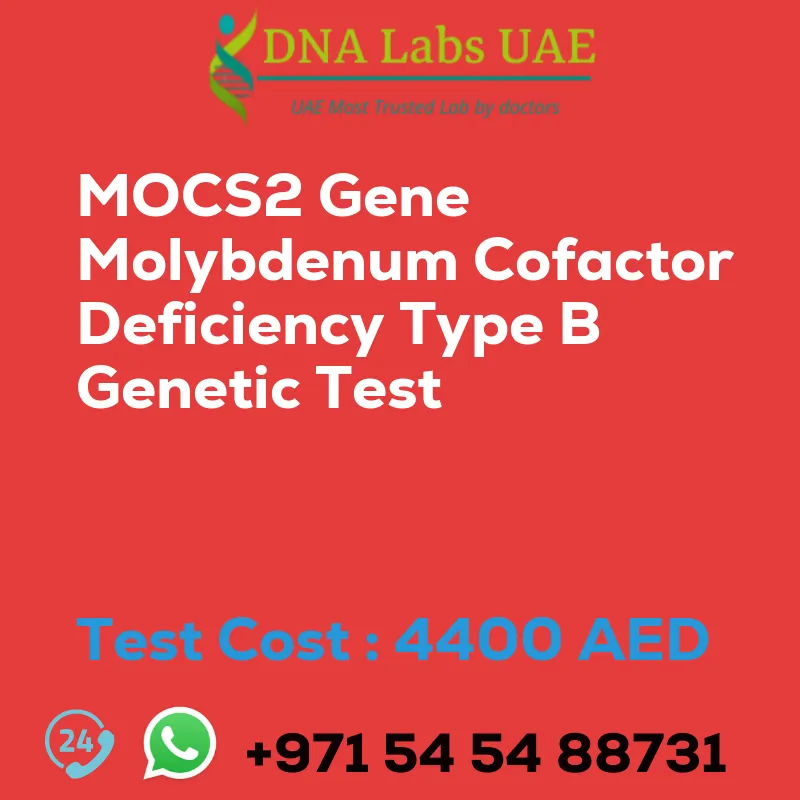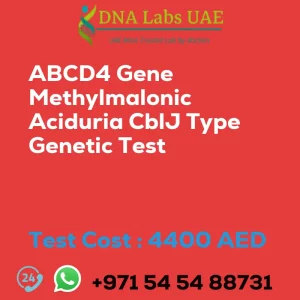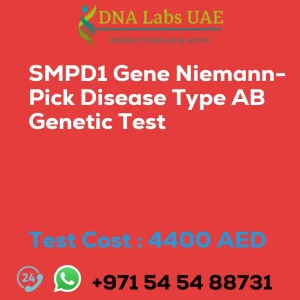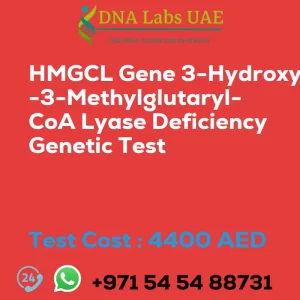MOCS2 Gene Molybdenum cofactor deficiency type B Genetic Test
Introduction
The MOCS2 gene is responsible for providing instructions to produce an enzyme called molybdenum cofactor sulfurase. This enzyme is involved in the synthesis of the molybdenum cofactor (Moco), which is essential for the function of several enzymes in the body. Molybdenum cofactor deficiency type B is a rare genetic disorder that is caused by mutations in the MOCS2 gene. This condition leads to a deficiency in the production of the molybdenum cofactor, resulting in the impaired function of the enzymes that rely on it.
Test Details
The MOCS2 Gene Molybdenum cofactor deficiency type B Genetic Test is a type of NGS (Next-Generation Sequencing) genetic testing. NGS genetic testing is a method used to analyze the DNA sequence of an individual. It allows for the detection of genetic mutations or variations in multiple genes simultaneously. In the context of MOCS2 gene mutations, NGS genetic testing can be used to identify specific mutations in the MOCS2 gene that are associated with molybdenum cofactor deficiency type B.
Components and Price
- Test Name: MOCS2 Gene Molybdenum cofactor deficiency type B Genetic Test
- Price: 4400.0 AED
- Sample Condition: Blood or Extracted DNA or One drop Blood on FTA Card
- Report Delivery: 3 to 4 Weeks
- Method: NGS Technology
- Test type: Metabolic Disorders
- Doctor: General Physician
- Test Department: Genetics
Pre Test Information
Before undergoing the MOCS2 Gene Molybdenum cofactor deficiency type B NGS Genetic DNA Test, it is important to provide the clinical history of the patient. Additionally, a genetic counseling session may be conducted to draw a pedigree chart of family members affected with Molybdenum cofactor deficiency type B.
Benefits of the Test
- Diagnose individuals with suspected molybdenum cofactor deficiency type B
- Identify carriers of the condition
- Provide information about the specific mutation(s) present in an individual
- Assist in genetic counseling and family planning
Important Note
NGS genetic testing should be performed and interpreted by qualified healthcare professionals, such as geneticists or genetic counselors, who can provide appropriate guidance and support based on the test results.
| Test Name | MOCS2 Gene Molybdenum cofactor deficiency type B Genetic Test |
|---|---|
| Components | |
| Price | 4400.0 AED |
| Sample Condition | Blood or Extracted DNA or One drop Blood on FTA Card |
| Report Delivery | 3 to 4 Weeks |
| Method | NGS Technology |
| Test type | Metabolic Disorders |
| Doctor | General Physician |
| Test Department: | Genetics |
| Pre Test Information | Clinical History of Patient who is going for MOCS2 Gene Molybdenum cofactor deficiency type B NGS Genetic DNA Test A Genetic Counselling session to draw a pedigree chart of family members affected with Molybdenum cofactor deficiency type B |
| Test Details |
The MOCS2 gene is responsible for providing instructions to produce an enzyme called molybdenum cofactor sulfurase. This enzyme is involved in the synthesis of the molybdenum cofactor (Moco), which is essential for the function of several enzymes in the body. Molybdenum cofactor deficiency type B is a rare genetic disorder that is caused by mutations in the MOCS2 gene. This condition leads to a deficiency in the production of the molybdenum cofactor, resulting in the impaired function of the enzymes that rely on it. NGS (Next-Generation Sequencing) genetic testing is a method used to analyze the DNA sequence of an individual. It allows for the detection of genetic mutations or variations in multiple genes simultaneously. In the context of MOCS2 gene mutations, NGS genetic testing can be used to identify specific mutations in the MOCS2 gene that are associated with molybdenum cofactor deficiency type B. This type of genetic testing can be helpful in diagnosing individuals with suspected molybdenum cofactor deficiency type B, as well as identifying carriers of the condition. It can also provide information about the specific mutation(s) present in an individual, which can be useful for genetic counseling and family planning. It’s important to note that NGS genetic testing should be performed and interpreted by qualified healthcare professionals, such as geneticists or genetic counselors, who can provide appropriate guidance and support based on the test results. |








